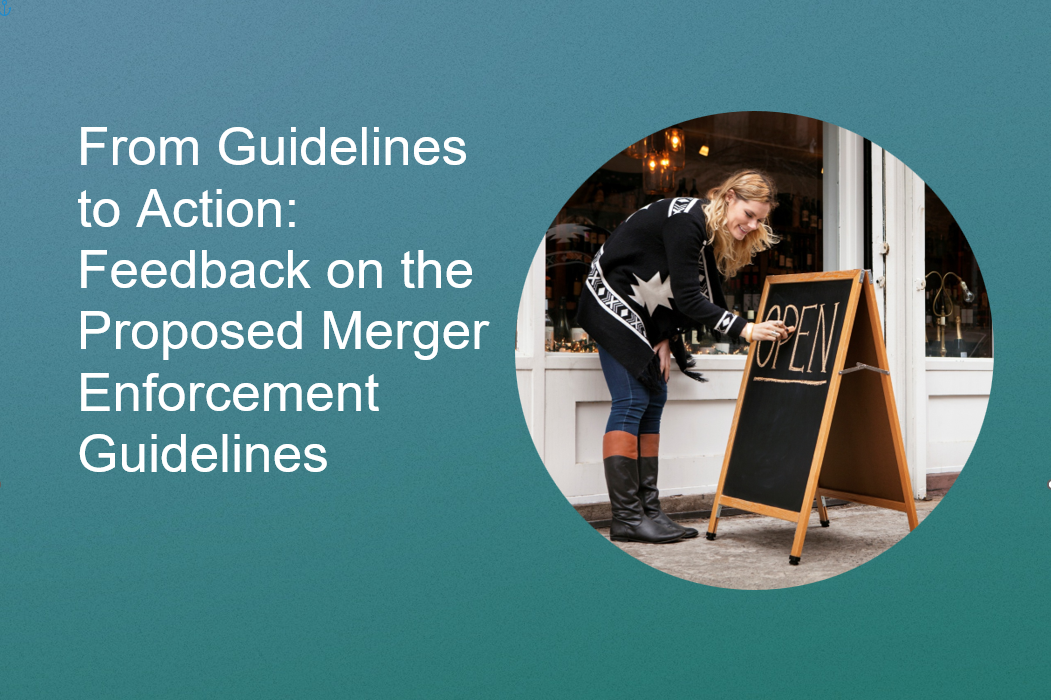TORONTO, Apr. 4, 2024 –Social Capital Partners (SCP) today released a new report documenting how wealth inequality in Canada is far closer to the inequality that exists in the United States than official statistics claim.
The report, entitled “Billionaire Blindspot: How official data understates the severity of Canadian wealth inequality”, critically analyzes Canada’s flagship wealth survey, the Survey of Financial Security (SFS), and outlines how its methodological shortcomings lead to significant underreporting of wealth inequality.
“Wealth concentration is getting worse in Canada, just like in the U.S. The difference is that Americans have the data they need to accurately understand, discuss, and propose solutions,” explains the report’s author and SCP’s policy director, Dan Skilleter. “StatsCan has already acknowledged the need for better data, and we hope that this report will encourage them to act on our recommendations, ensuring a more accurate understanding of wealth inequality in Canada.”
The report concludes that the top 1% in Canada own 26% of all wealth, and the top 0.1% own 12.4% of all Canadian wealth. These numbers are significantly higher than official estimates and are much closer to U.S. levels of wealth inequality than previously understood. The report concludes that the American survey, the Survey of Consumer Finance (SCF), does a much better job of measuring reality and presents a series of recommendations to improve the Canadian survey.
“Deep wealth inequality corrodes democratic societies and threatens economic resilience,” said Matthew Mendelsohn, CEO of Social Capital Partners. “The misleading portrait of wealth inequality in Canada undermines our ability to have an evidenceinformed debate about how to address growing wealth concentration. Canadians are telling ourselves a story about wealth inequality that is fundamentally wrong.”
“Wealth concentration is getting worse in Canada, just like in the U.S. The difference is that Americans have the data they need to accurately understand, discuss and propose solutions.”
Share with a friend
Related reading
Watch the video: Why would a company sell to its employees?
Canada is facing a $2-trillion business handoff. What if employees owned more of it? In this video, our Director of Policy Dan Skilleter explains why a company would sell to its own employees, how it happens and who stands to benefits. Spoiler alert: employee-owned companies are shown to be 8-12% more productive, share more wealth with their workers, keep businesses Canadian-owned and shore up the resilience of local communities and the broader economy.
How Canada can curb the serial acquisitions quietly reshaping our economy
In many cases, threats to the affordability of everyday goods and services are the byproduct of what competition experts call serial acquisitions—a pattern of larger firms buying up a series of smaller players to try and corner the market. As Michelle Arnold and Kiran Gill explain, a fair and competitive economy does not emerge by accident. The Competition Bureau's proposed Merger Enforcement Guidelines will play an important role in preventing bigger firms from creating unfair playing fields that hurt Canadian small businesses, workers and consumers. The next step for the bureau should be aggressive enforcement of the new guidelines.
From Guidelines to Action: Feedback on the Proposed Merger Enforcement Guidelines
The Competition Bureau's proposed Merger Enforcement Guidelines represent meaningful progress against trends towards corporate consolidation in Canada. In our formal feedback submission to the bureau, Social Capital Partners outlines that we strongly support the new guidelines. However, we believe that the operationalization of these guidelines will be the real test of their impact. Guidance documents shape expectations, but enforcement outcomes shape behaviour. Serial acquirers are sophisticated actors who model regulatory risk into their strategies. To succeed, the bureau must demonstrate visible capacity to track, analyze and challenge roll-up patterns that are driving up prices and sacrificing quality and service in key sectors.


